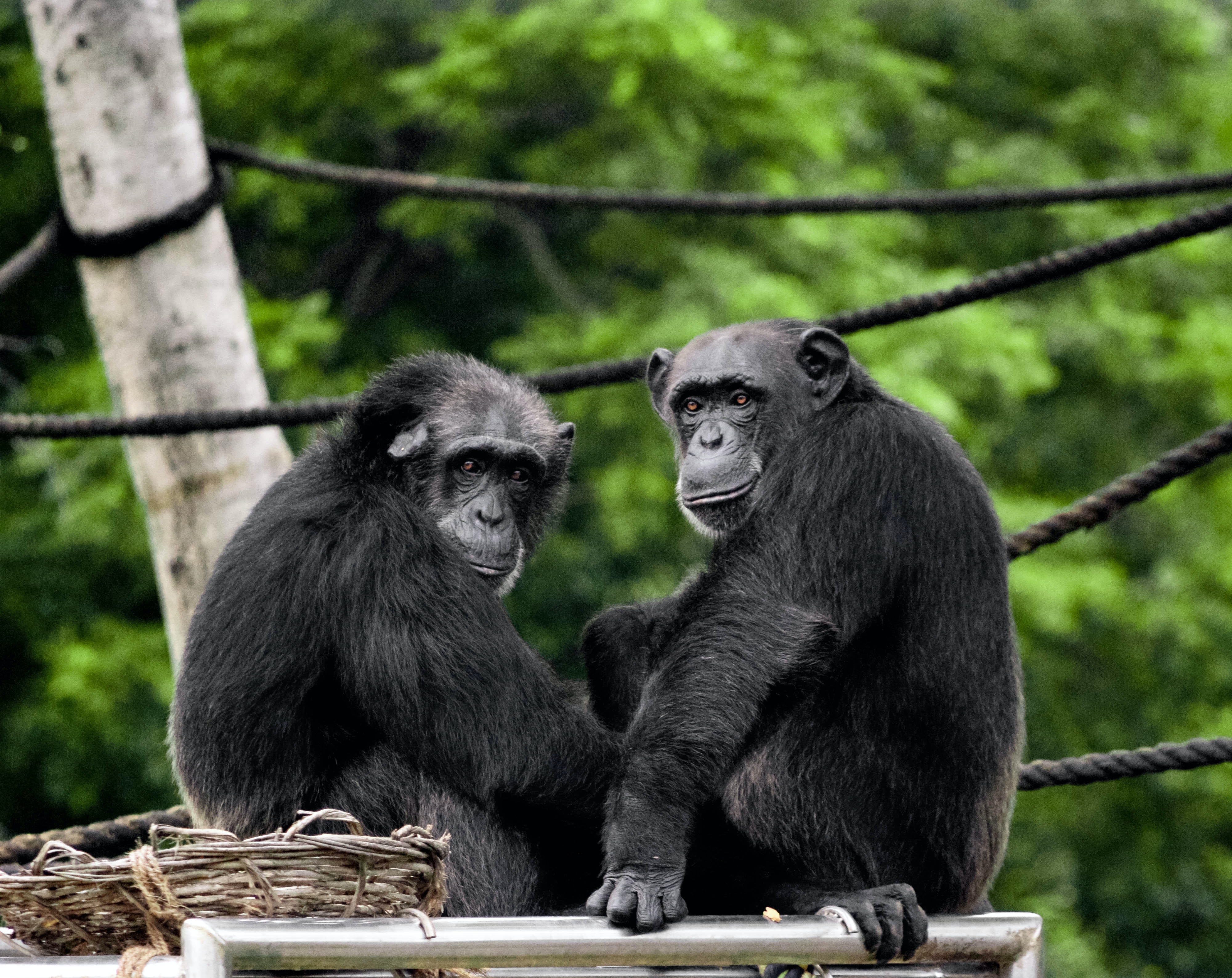News release
From:
Judgments of wrongdoing in humans often hinge upon an assessment of whether a perpetrator acted out of free choice: whether they had more than one option. The classic inhibitors of free choice are constraint (e.g. having your hands tied together) and ignorance (e.g. being unaware that an alternative exists). Here, across two studies, we investigated whether chimpanzees consider these factors in their evaluation of social action. We found that chimpanzees, like humans, judge intentional negative social actions more harshly than unintentional ones. These results suggest that chimpanzees assess others' social interactions in complex ways.



 International
International



